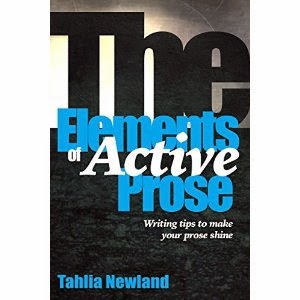Collider- Chris Hejmanowski
Collider is well written, exciting, and difficult to put down, and yet it doesn't quite all fit together. For me the two stories, one in the physical life we live, and one set beyond, should be two different books. The science and the true-to-life drama easily stretch into metaphysical speculation, and the afterlife reaches back into life well enough, but the wall between them is less than convincing jumped.
I may well read this book again in a couple of months, and if that helps me climb the wall I shall change this review. It is possible that I was guilty of not reading accurately enough to catch all the joins. I would certainly enjoy reading this book again, being excited once more by the skillfully crafted characters. I really don't want to put people off reading Collider as it says so much so well; however, be prepared for being drawn across the seam.
This is a harsh book in the sense of the emotion and the violence it conjures, and yet it is also one so full of hope, as it brings together medieval ideas of purgatory and the punishment of sin, our modern society, and the direction of modern science. I felt that Hejmanowski dug deep into himself in painting this mix of speculative science and equally speculative philosophy. At first, some of the violence seems gratuitous. It isn't. The violence of human life, so starkly drawn, is simply a deliberate attempt to create the feeling that there is no sense at all unless there is an underlying pattern; some meaning, behind the randomness and unpredictability of our often harsh lives.
The writing itself is deserving of fulsome praise, as do the divided parts of the full story. I love the way that Hejmanowski tries to reconnect the physical and metaphysical for the modern, critical reader. There always was a connection before we arrived in the "brave new world" of the 20th Century, before science "proved" so much. The philosophies of beyond life sat easier in the mind until modern physics started to redefine the apparently rational. Will the future draw these dimensions together again? The meaning of life can sound too much like a trite sound bite, so it is perhaps healthy that we have modern fiction writers that are prepared attack the subject head on.
This book, this for me is a must read, takes on so much so well. Possibly its very width was sure to make some transitions bumpy. Perhaps Hejmanowski made the transition to the afterlife less than smooth for a very simple, deliberately emphasized, reason; for so is the transition we know as death.
Am I making too much of this book by categorizing it as top quality speculative fiction? Read Collider, and see what you think. Even if it unfolds to you as nothing more than entertaining, escapist fiction, it is certainly exciting.




Commentaires
Enregistrer un commentaire